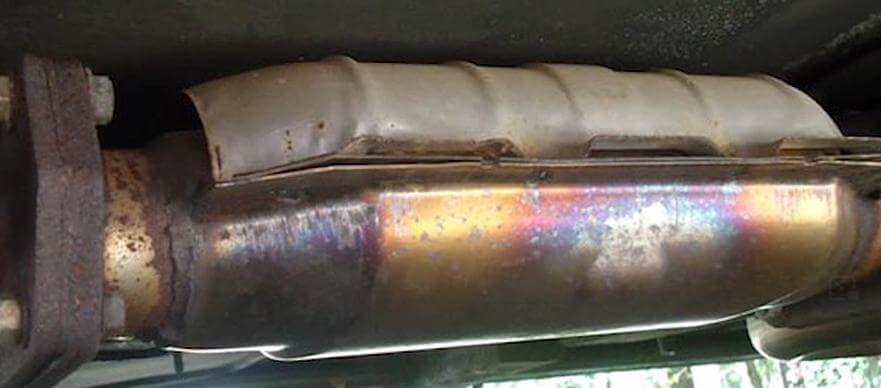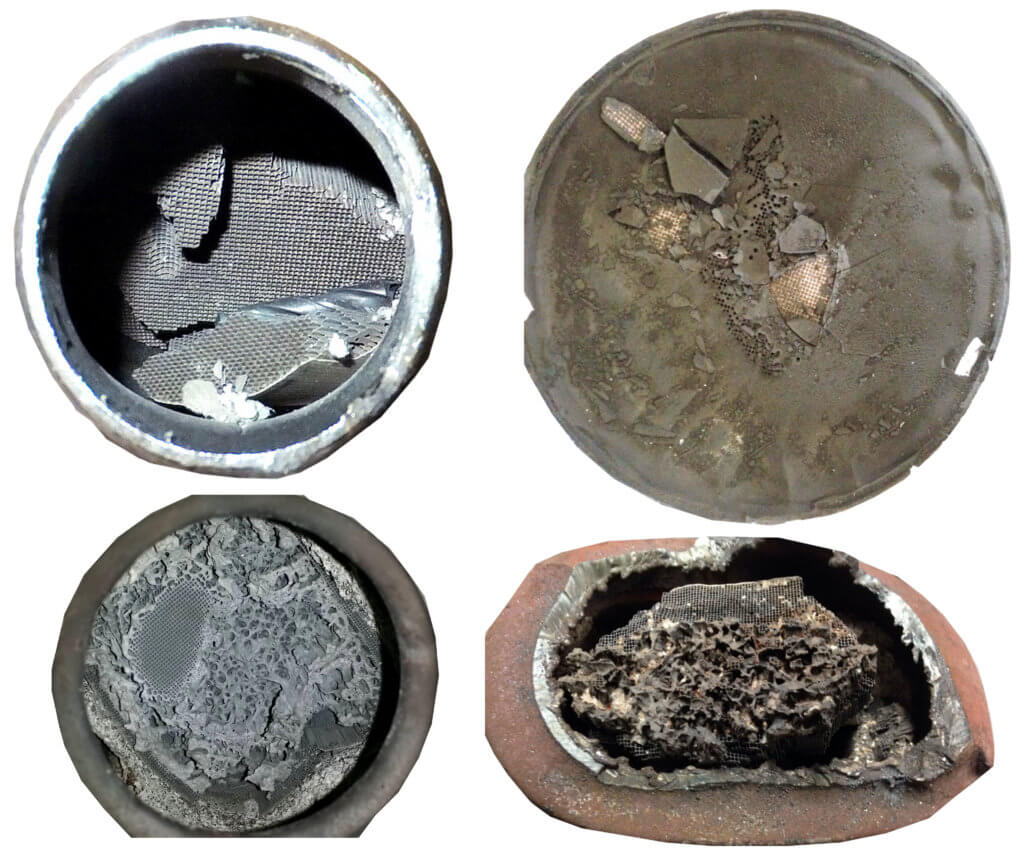What to do when your check engine light comes on?
If your car is running ok and the light isn’t flashing, make an appointment with a shop and keep driving until you can get in.
What to do when your check engine light comes on?
There are two types of check engine lights: solid and flashing. A solid check engine light does not mean you should freak out. In most cases, if your vehicle is running ok, the cause is something fairly simple. As long as the engine is starting, accelerating and the transmission is shifting normally, you can continue driving it. But make an appointment at a reputable shop to have it checked out.
If you have a flashing check engine light, that’s more serious and you should pull over and get it towed
A flashing check engine light means your engine has a serious misfire issue that is harmful enough to damage your expensive catalytic converter. Most misfires happen when the engine is under load during heavy acceleration, when towing, hauling a heavy load, or driving up a hill. If you back off the pedal and the flashing stops, you can limp to the nearest shop and get it checked out.
But if you can’t get the flashing check engine light to stay steady, you should pull over and call a tow truck.
What can happen if you keep driving with a flashing check engine light?
The catalytic converter is designed to burn off excess fuel and oil. When an engine misfires, the incomplete combustion products flow into the catalytic converter. In other words, you’re feeding raw fuel into the catalytic converter.
Most catalytic converters run at 1,000°F to 1,400°F. During a misfire event, the raw fuel can cause the catalytic converter to run at temperatures up to 2,200 degrees. That’s hot enough to melt the ceramic structure inside the converter, and that’s a very expensive repair.
Typical catalytic converter replacement cost
Once converter temperatures reach the melting point, the converter is permanently damaged. Depending on the emissions laws in your area and the vehicle you drive, a replacement catalytic converter can cost over $2,000. That’s in addition to the cost to repair the misfire problem that caused it to overheat.
That’s why it makes more sense to have the vehicle towed than to keep driving with a flashing check engine light. A tow is a lot cheaper than a new catalytic converter
©, 2023 Rick Muscoplat
Posted on by Rick Muscoplat


